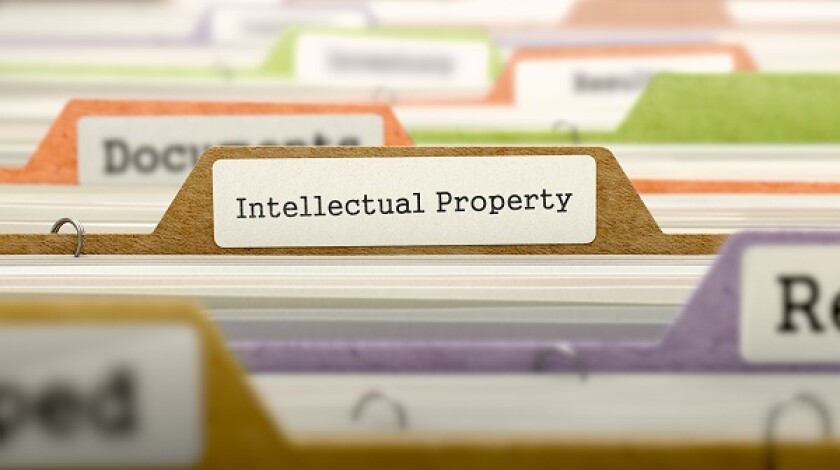On November 16 2020, the 2020 Revised Rules of Procedure for Intellectual Property Rights Cases (A.M. No. 10-3-10-SC) promulgated by the Supreme Court of the Philippines (SC) took effect. The object of the revised rules is to improve and expedite IP cases recognising that an effective IP system is vital to the development of domestic and creative activity, facilitating transfer of technology, attracting foreign investments and ensuring market access to Philippine products. This is the spirit of the IP Code or Republic Act 8293. The salient points of the revised rules are as follows:
1. The number of special commercial courts handling IP cases with authority to issue search warrants and writs of seizure nationwide are increased from four to nine courts located in various cities within the country.
2. Complaints and answers thereto must already include the evidences supporting them upon filing.
3. Extraterritorial service as provided in treaties to which the Philippines is a signatory shall be allowed.
4. Courts may now allow the use of electronic means such as teleconferencing and videoconferencing in the taking of depositions and other modes of discovery.
5. For purposes of awarding damages in patent infringement cases, it is presumed that the alleged infringer knew of the patent if the words "Philippine Patent" with the number of the patent is placed on the product, container, package or advertising materials relating to the protected invention.
6. Market surveys defined as a scientific market or consumer survey to prove distinctiveness, strength and well-known status of a mark may be offered as evidence.
7. The lack of authority of the defendant to exercise any of the rights of the right holder shall be sufficient basis for the filing of the motion for the disposal and/or the destruction of the counterfeit or pirated goods, the procedure for which shall be summary in nature. The defendant or accused shall be notified to give opportunity to oppose the motion.
8. Rule on the disposal of seized infringing goods, related objects or devices now includes donation for humanitarian purposes except hazardous goods which shall be disposed of only by destruction.
9. Special commercial courts are now mandated to render judgment within 60 days from the time the case is submitted for decision. This period is shorter than the 90 days allowed to regular courts.












